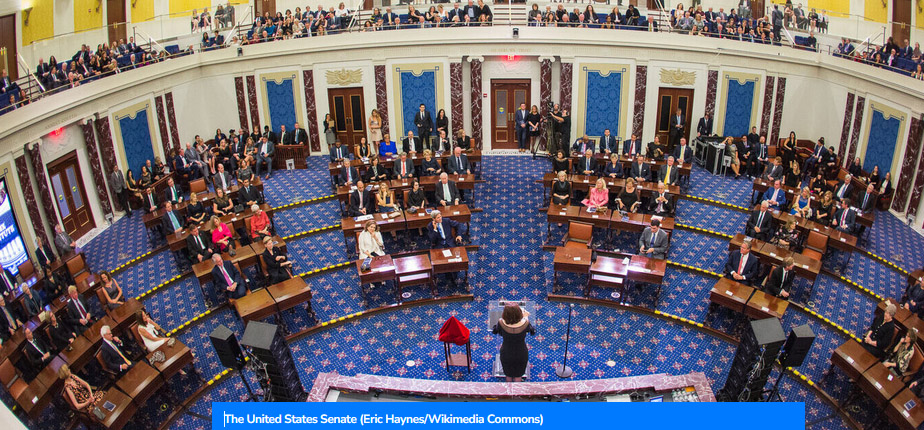
Elham Asaad Buaras
The US has spent over $22 billion supporting Israeli military operations in Gaza, Lebanon, and Syria, according to newly released data.
The Stockholm International Peace Research Institute (SIPRI), an independent organisation tracking global arms transfers and military expenditures, reported that between 2019 and 2023, the US accounted for 69% of Israel’s weapons imports, rising to 78% in 2024. By the end of 2023, the US had delivered over 10,000 tonnes of weapons worth $2.4 billion, a figure that surged to 50,000 tonnes by August 2024.
As Israel’s primary ally, the US has supplied advanced military equipment, including Iron Dome missile systems, precision-guided bombs, Apache helicopters, artillery shells, bunker-busting bombs, and armoured vehicles.
The Council on Foreign Relations reports that Washington has provided over $310 billion in military and economic aid to Israel since its founding. This includes a 10-year, $38 billion military aid package initiated in 2016, ensuring $3.8 billion annual support.
In 2024, emergency military assistance significantly increased, with $14.1 billion approved in February and an additional $2.5 billion arms package in March. More than 100 arms contracts were issued to Israel that year to enhance missile systems and replenish weapon stockpiles.
Critics, including activists and human rights groups, accuse Israel of using US-supplied weapons in civilian-targeted operations in Gaza, with limited oversight from Washington.
Israel’s war on Gaza has now claimed more than 45,000 lives, as confirmed by the Ministry of Health in Gaza. The revised death toll includes 17,000 children, with the figures marking another tragic milestone in the ongoing 14-month conflict.
This toll does not account for the 11,000 Palestinians still missing, believed to be trapped under the rubble, further deepening the humanitarian crisis in the region.
SIPRI highlights that US-made weapons have been pivotal in Israeli military actions against Hamas and Hezbollah.
Thousands of guided bombs and missiles, along with F-35 and F-15 fighter jets, were delivered by early 2024. Reports indicate US-manufactured munitions were used in several instances, including strikes resulting in civilian casualties and the killing of Hezbollah leader Hassan Nasrallah in Beirut.
Since Israel’s inception in 1948, the US has delivered over $130 billion in bilateral aid to Israel, supplemented by a 2019 Memorandum of Understanding promising $3.3 billion Annually in Foreign Military Financing and $500 million for missile defence.
Germany contributed 30% of Israel’s weapons in 2023, though this share declined in 2024. In March, the International Court of Justice rejected Nicaragua’s plea to halt German arms exports to Israel, citing a steep reduction in military aid.
However, in October, Chancellor Olaf Scholz reaffirmed Germany’s commitment to providing arms, noting, “(We) supplied weapons, and we will supply weapons.” He emphasised Germany’s historical responsibility, stating, “Weapons will be delivered to Israel in the near future.”
Italy has supplied helicopters and guns and is a partner in the F-35 program. Despite halting new arms shipments after October 2023, pre-existing contracts continued to be honoured. Italian companies sold nearly $129 million worth of arms to Israel in the decade leading up to 2022.
The UK reports low military exports to Israel, granting licenses worth $23.42 million in 2023.
The Labour government suspended 30 of 350 licenses in 2024, citing concerns over violations of international humanitarian law. These suspensions included parts for drones and fighter jets but excluded non-conflict materials, such as those for training purposes.
Spain ceased issuing arms export licenses to Israel after October 2023. On October 11, Spanish Prime Minister Pedro Sanchez condemned Israeli military actions in Lebanon and Gaza, urging an international halt to arms sales to Israel.
He stated, “We are emphasising the urgency for the Israeli government to cease its hostilities, which are violating international law by invading a third country, in this case Lebanon, as well as International Humanitarian Law.”
Historically an arms supplier to Israel, France has recently distanced itself from such exports.
President Emmanuel Macron called for a complete suspension of arms sales in October 2024 to advocate for ceasefire efforts in Gaza and Lebanon.
While SIPRI data shows no major French arms exports to Israel from 2019-2023, it acknowledges the supply of components.
Photo: U.S. Senate Floor (Credit: Eric Haynes/WikiCommons)
Trump’s sanctions rollback fuels Israeli settler violence and West Bank annexation push
Human Rights Watch accuses Israel of “acts of genocide” in Gaza amid water crises
Norway requests FIFA investigate Israel following the World Cup qualifier draw